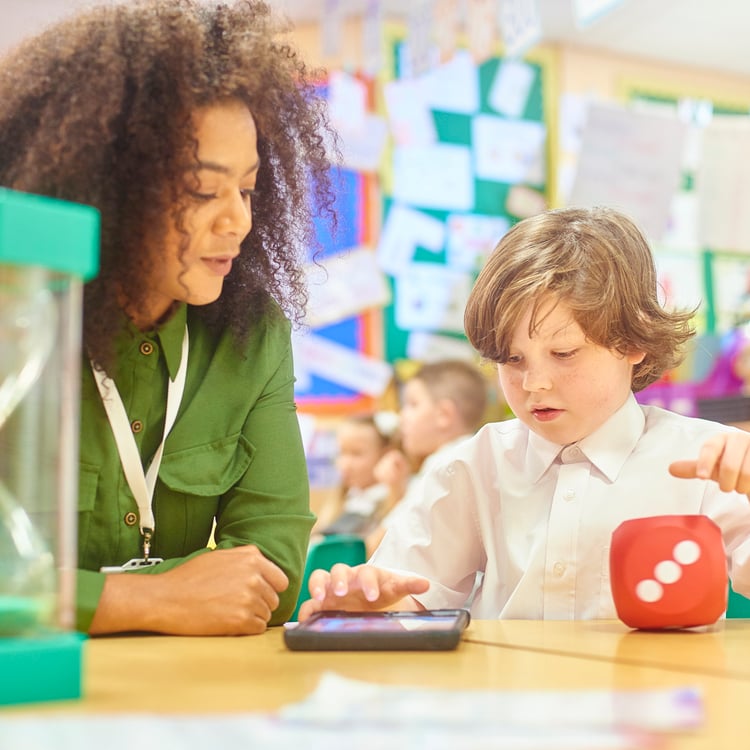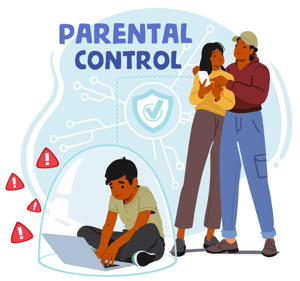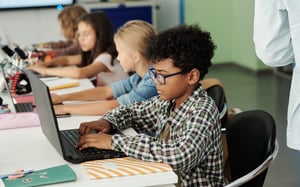The importance of playing grows as children grow up and head towards school age. Through games, they can develop their imagination, listen better because it trains the mind to focus on one thing at once (called “concentration”), and learn important cognitive skills which will aid future development – including memory improvement.
The human brain is powerful; by playing memory games, you are unlocking your potential. You may not realize it now, but these little activities will prepare them for what’s to come later in life.
One of the best ways to build skills like concentration, attention span, and persistence is by playing memory games. These activities will help your child learn to focus on one task at a time while using their logical reasoning abilities. There’s something for every age range – even pre-schoolers can enjoy these fun challenges.
Table of Contents
Do brain games really work?
Although there is some debate on the subject, many experts believe brain games can benefit. Brain training games often ask players to complete tasks that help to improve specific cognitive skills, such as memory, attention, logic, and quick thinking. We know that brains benefit from being put to work, so researchers are increasingly looking at gaming and brain health.
Some games are specifically designed to promote cognitive health, so it stands to reason that these brain games can be effective. Games can help keep our minds fresh and alert and may also help improve our cognitive skills.
Although there is still some debate on the subject, it seems likely that brain games can benefit our cognitive health.

How do memory games help kids develop?
These fun activities help improve many important areas, such as attention and concentration. Playing a simple game is an excellent way for kids who need more practice focusing on specific tasks at hand or those trying hard but struggling with organization skills.
Educational memory games for toddlers can be a great way to keep your little ones entertained while also improving their cognitive skills. These educational pastimes engage children in active play that increases blood flow and stimulates the brain, which helps them learn better with improved concentration, richer attention span, and faster-thinking process. It’s not just about having fun either; these interactive activities train visual memory so they’ll have fewer problems remembering what was shown on screen or where something goes.
These games can be a fun and effective way to improve children’s mathematical skills, they can help children develop their working memory, which is essential for solving mathematical problems. Additionally, many educational games are available that specifically target math skills. These games can be a great way to help kids learn and retain mathematical concepts.
Finally, comprehensive mathematics curricula are effective in improving children’s mathematical skills. By covering a wide range of topics, these curricula can help children to develop a deep understanding of mathematics. Ultimately, many ways to improve young children’s mathematical skills exist.
Using memory games, educational games, and comprehensive curricula can give your kids the tools they need to succeed in math.

At what age can children start playing memory games?
Children need good working memory skills to learn effectively. When they find it easy, children experience a sense of pride and self-esteem that increases their motivation for learning more and provides them with confidence in themselves throughout all areas, including at school or doing homework.
Playing memory games is an effective way to develop your child’s mental capabilities. Most children at three years old can concentrate for a slightly longer period, take turns, and adapt to newer, simpler versions if they initially struggle with more complex ones.
You can start playing memory games as soon as your baby is born with some of the most popular and well-loved ones such as Now You See, Now You Don’t!, or Peekaboo. These fun educational activities will help them recognize familiar things by showing an item and then hiding it from sight while not understanding what they’re seeing!
Watch out, though, because sometimes babies react emotionally, so make sure to pay attention closely for both parties involved (you AND THE KID!) to have lots of success!!
Do video games improve memory?
Video games are becoming more popular than ever before. One of the reasons for this increase in popularity is that video game playing has been shown to improve certain skills such as strategic planning, memory, and spatial navigation, which can lead to them being used later on when we need those particular abilities during our day-to-day lives or jobs!
Studies have shown that playing video games as a child can improve cognition later on. People with better working memories showed greater improvements in the function of that part of their brain, suggesting they could process information more quickly and accurately than others without such skills did. This study suggests that those who played video games experienced increased learning ability because it involves fast response time which is necessary for processing visual clues within short periods.
3 Simple Memory Games for Kids & How To Play Them
Matching Card Games
Matching card games are tons of fun, especially when they have some child-friendly characters on them. The best part about this type is that you can play it all day, and it is a fun game for all ages!
- To play, you will need some cards and an area where people can sit together.
- Shuffle the deck thoroughly before placing it face down on your surface so that no one knows what card they will get next; this randomness adds difficulty when playing against another person, as there’s no way anyone could prepare themselves ahead by knowing which pairing would happen first!
- Then spread out each stack evenly across their respective spaces– players should look carefully at both sides until finding someone the matching pair.
- If you find the pair, take both cards out of the layout and keep them; at the end of the game, the person with the most pairs is the winner!
Kim’s Game
Kim’s Game is a simple and engaging game to play with children. All you need are some items that can be found at home. This is a great game to help kids develop their visual memory skills.
- Place objects on a tray, starting with a few ones. These should be everyday items such as a cup, apple, and keys.
- Show the tray to your child and let them look at the objects, then cover the tray and ask them to name the objects.
I Went to the Moon, and I Took a…
This is a great game for groups! It can be played at home or in public and will definitely give you something new to be creative with.
- The first person to play starts the sentence, in this case, “I went to the moon and took a….” They must choose something with them, such as their favorite toy or an object.
- The next player then repeats what was just said while adding an item of his/her own – e., “I went to the moon and took a truck and a bucket.“
- Each player adds another item and must recount the list before their turn. If they forget an item, the game is over.
Incorporate Technology!
Many parents don’t want their children to use technology because they feel it’s too much of an intrusion into the child’s life. Still, studies show that when used correctly and with supervision from someone qualified (i.e., parent/guardian), there can be some benefits for kids’ learning!
Memory skills are an important part of learning, and if you can incorporate these memory games into your child’s weekly routine, then he or she will have a headstart on academic success.

Are digital games good?
With the increasing popularity of digital games, there has been growing research interest in the effects of digital play on memory development. One of the most fascinating aspects of contemporary childhood is how kids today engage with digital and analog technologies.
On the one hand, educational games and apps have become an increasingly popular way to teach kids basic skills like counting and shapes. On the other hand, many preschoolers still enjoy playing with traditional toys like puzzles and blocks.
Studies have shown that children learn best when actively engaged in digital or analog play. While digital games can be a great way to introduce educational concepts, they should not be seen as a replacement for analog play.
Analog play helps children to develop important motor skills and to learn how to the spatial relationships between objects. It also helps to promote creativity and problem-solving skills. In contrast, educational games often require children to follow set rules and procedures to progress.
Ultimately, both digital and analog play has unique benefits, and children should be encouraged to engage in both types of play to maximize their learning potential.
What happens when you take a game into a digital app?
According to a recent study, some interesting things happen. For one, children use trial-and-error strategies, clicking rapidly and randomly at pieces until they find a match. They also tend to be more engaged individually, paying less attention to their opponent’s moves and score.
Additionally, they explore the different settings of the app, trying to figure out how they work. And finally, they adapt the technology to their interests, making it work for them in their way.
Conclusion
As any parent knows, children have a seemingly endless capacity for learning. New words, numbers, and concepts are absorbed at an astonishing rate during the early years. However, this new information can be overwhelming for young minds, and it’s important to help children develop strong memory skills.
Memory games are a great way to do this, as they provide a fun and stimulating way for children to practice recalling information. There are many different memory games that you can play with your child, and you’ll likely find that your child enjoys some more than others.
By incorporating a few of these memory games for kids into your weekly routine, you’ll help your child develop strong memory skills that will serve them well in school and in life.

















